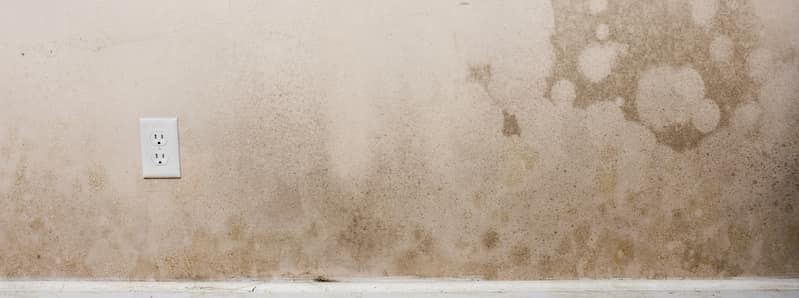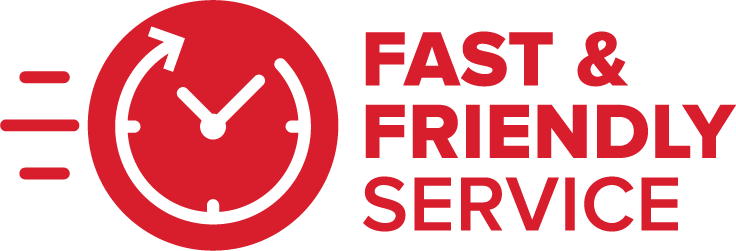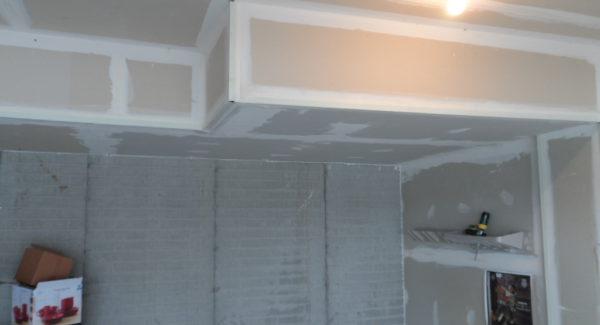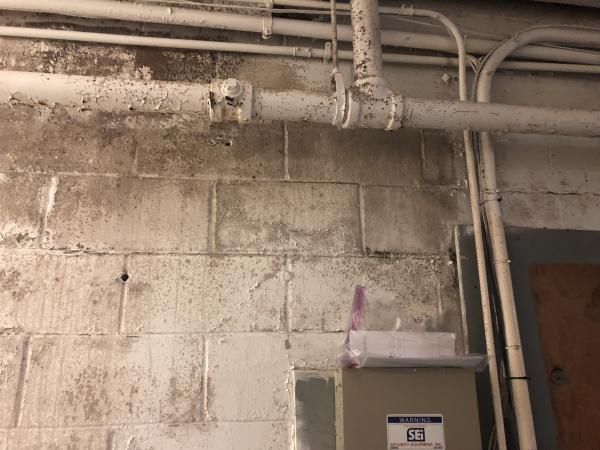
Types of Mold in Omaha
When you think of mold, what likely springs to mind for most home and property owners is highly toxic black mold. But black mold is rare and there are hundreds of species of mold that can grow in buildings of any age or size.
Some mold types are harmless, while others can be hazardous to your health. Unfortunately, it's very difficult to properly identify a specific type of mold with the naked eye. At Restoration Now, we've spent years training our mold remediation specialists on proper mold identification and removal techniques to keep your family and guests safe and your property mold-free.
Where Does Mold Grow?
Indoor mold and mildew can grow in any building type, in any room, and in both new and old properties. Mold thrives on moisture, which is why mold is most commonly found in attics, crawlspaces, bathrooms, and other rooms that may harbor excessive humidity and moisture.
Mold Types
Molds most often go by their scientific names, such as Cladosporium or Stachybotrys Chartarum (most commonly known as "black mold"). Because there are hundreds of thousands of mold types, mold is often classified into groups. There are 3 groups of mold that can be potentially harmful to humans.
- Toxigenic molds, such as black mold, are the most concerning types of mold. These types of molds can pose serious health threats and have been linked to symptoms such as nausea, worsened asthma, fatigue, and cancer.
- Allergenic molds can cause a reaction in some people, especially those with existing allergy sensitivities or asthma. This type of mold could cause allergic reactions such as itchy eyes, rash, runny nose, or wheezing.
- Pathogenic molds are types of molds that can cause infections, especially in those with a suppressed immune system. This type of mold would not negatively affect most healthy people, but it can be dangerous to some.
While black mold is the most commonly discussed toxigenic mold, it is important to note that not all black colored mold is toxic and that not all toxic mold is black. The best way to find out what type of mold you may have is to have a professional Omaha mold remediation company like Restoration Now identify and develop a treatment plan for any mold growth in your home.
When to Call a Professional
If you have visible indications of mold or mildew anywhere in your home, it's recommended that you contact an experienced mold remediation firm to properly assess the damage and start the removal process as quickly as possible. In the event a mold is toxic, you will want a company like Restoration Now on your side to protect the health and safety of your family and guests. Our team is standing by to help you with your emergency mold needs, so call us today to schedule an in-home mold evaluation.
Call 402-227-6217 today for Omaha mold removal and remediation.
|
|
|

|

|


